Air Products unveiled a Dissolved Acetylene (DA) Facility in Midvaal two years ago. The design objectives of this project were clear: to centralise the manufacturing of acetylene at a single dedicated high volume production facility, but more importantly, to design it in such a way that it was aligned to the latest global trends in processes technology, health, safety and environmental management, ultimately supporting the organisation’s sustainability model.
Guided by Air Products’ global engineering standards as well as years of management and operational experience, the in-house Air Products project team designed and constructed the facility to incorporate the latest technology for the safe production of high quality acetylene gas in a manner that is not harmful to the environment. Two years later, the success of this facility is evident in the combination of production excellence and more importantly, sustainable practices.
Powered by solar energy
Air Products formed a relationship with a wholly black-owned and controlled energy company, Jeka Energy, a subsidiary of Jeka Resources. The relationship with Jeka Energy forms part of the company’s Enterprise Development Programme and Jeka completed the first solar PV (Photovoltaic) roof-mounted power plant at the Kempton Park Facility in 2019.
Jeka Energy CEO, Thembani Jeffrey Marhanele comments: “Since the inception of the relationship with Air Products, we have felt like a valued partner and not only one of many suppliers. The collaboration of technical knowledge between the two parties has truly strengthened and capacitated our team. With the Kempton Park facility installation being roof-mounted, the ground-mounted Midvaal Facility solar PV system highlights our ability to design, install and commission tailor-made solar PV systems.”

Through this solar plant, which generates daytime solar energy, the renewable energy displaces most of the grid energy Air Products would otherwise use. The power is being utilised by both the manufacturing plant and the administration building.
Based on the success and savings achieved at the Kempton Park Facility, a 100kW (peak) solar panel system was installed by Jeka Energy and commissioned at the Midvaal Facility in June 2019. Due to the availability of space at the facility and the health and safety advantages of maintaining a ground-mounted power plant, it was decided to place the panels on the ground. This approach also allowed the panels to be orientated independently of the buildings for optimal capture of solar radiation.
This system feeds green energy directly into the Midvaal Facility’s electrical system. It generates approximately 170 000 kWh per year and consists of 306 solar panels and two inverters. According to Anton Grobbelaar, DA Plant Manager, the site energy mix and utilisation is optimised according to the system performance and weather patterns. “This supports our focus as an organisation to protect the environment and use clean energy.”

Recycling and harvesting water
The facility was designed in such a way that the process water is a combination of recycled water, harvested rainwater and municipal water.
During the rainy season, rainwater is captured across the site by an extensive drainage network and is channelled to an on-site dam. The dam has a capacity of two million litres and provides water directly to the production process.
Through the use of this natural resource, there is a significant reduction in the consumption of municipal water, once again highlighting the company’s focus on sustainable production methods.
Creating opportunities with by-products
Grobbelaar explains that lime slurry is generated as a byproduct in the acetylene production process from the reaction of calcium carbide and water. The lime is separated from the residual process water and recovered for use in other industries and applications. Its applications include acting as a flocculating agent in water treatment, pH control, cement manufacture and as a soil stabilising agent in road construction. Air Products disposes the lime slurry in a responsible manner by ensuring it is supplied to downstream users who can add further value by using it in such applications, thereby avoiding the need for disposal.
Solid Waste Recycling
A comprehensive solid waste recycling project that is run at the facility ensures that solid wastes from maintenance and production activities are separated at source. Waste products such as metals, plastics and paper products are collected by certified recyclers on a regular basis. As with all Air Products facilities, employees are committed to recycling in both the production and administration areas.
Grobbelaar concludes by saying: “The main reasons for the centralisation of the acetylene plants were to improve the technology and processes, establish a secure supply and improve customer service. We have achieved this, but we are extremely thankful that this was also an opportunity for Air Products to lead the way in creating a state-of-the-art, sustainably sound, acetylene plant. We strive to be the leader, not only for our customers, but also for our own environment and the company’s sustainable performance.”
For more information on Air Products, visit www.airproducts.co.za




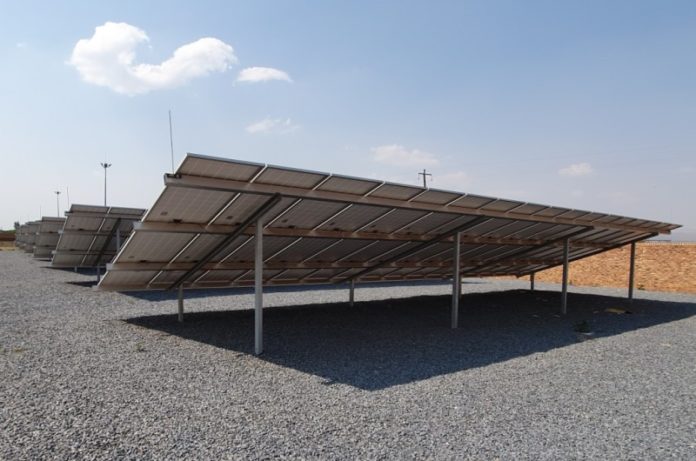
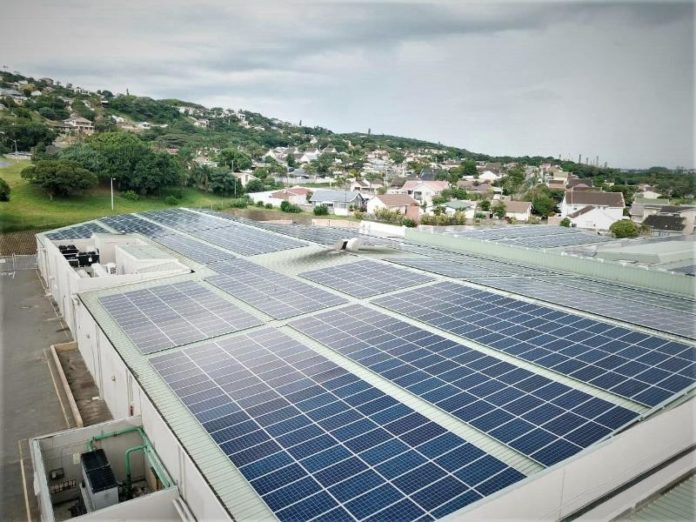

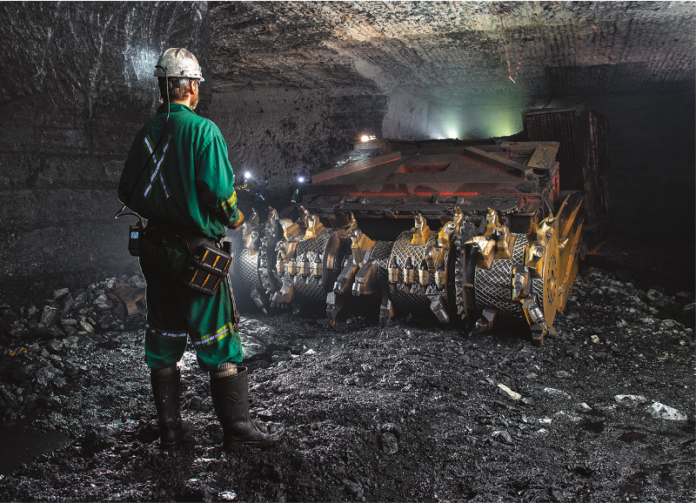
 Stillwater Sibanye is the new owner of the Burnstone gold mine near Balfour. Stonewall Resources runs the TGME Project, near the towns of Pilgrim’s Rest and Sabie. Stonewall has ambitious targets of going beyond production of 40 000 ounces from this and other historic mines in the area.
Stillwater Sibanye is the new owner of the Burnstone gold mine near Balfour. Stonewall Resources runs the TGME Project, near the towns of Pilgrim’s Rest and Sabie. Stonewall has ambitious targets of going beyond production of 40 000 ounces from this and other historic mines in the area.



 The interior of the Eastern Cape is home to several high-end private game reserves such as Mount Camdeboo, Kariega Game Reserve and Shamwari, which recently announced a R370-million refurbishment programme.
The interior of the Eastern Cape is home to several high-end private game reserves such as Mount Camdeboo, Kariega Game Reserve and Shamwari, which recently announced a R370-million refurbishment programme.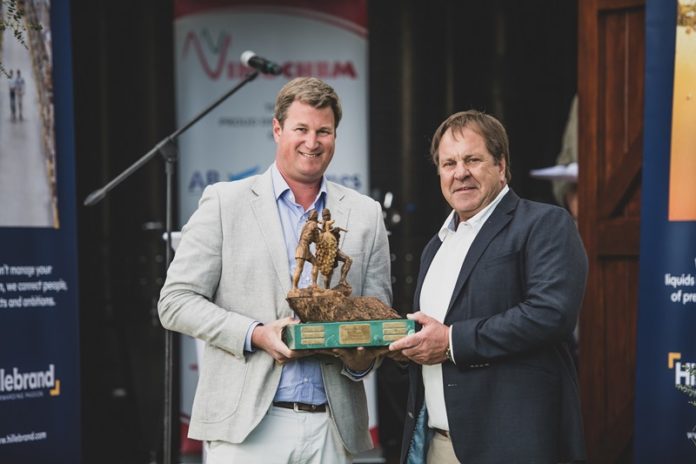





 Digital Fitness – For managers and leaders, the key to digital readiness lies in creating awareness and stimulating interest in and preference for the digital way.
Digital Fitness – For managers and leaders, the key to digital readiness lies in creating awareness and stimulating interest in and preference for the digital way.
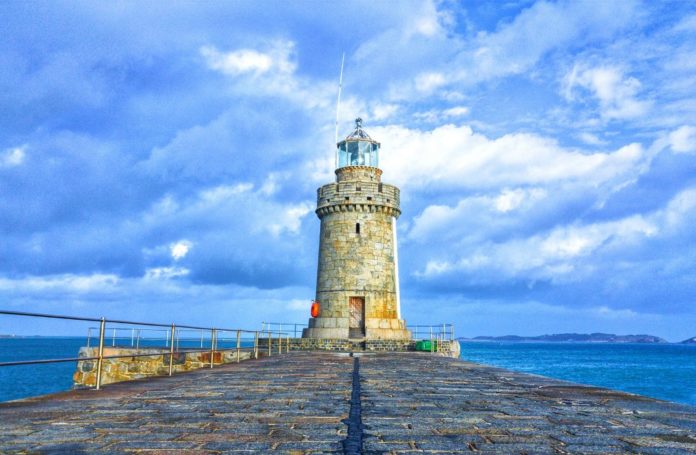



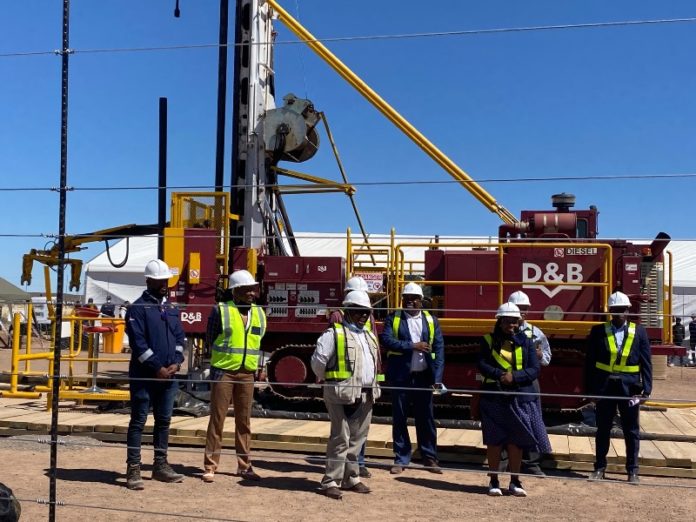

 Find more information about the project:
Find more information about the project:

